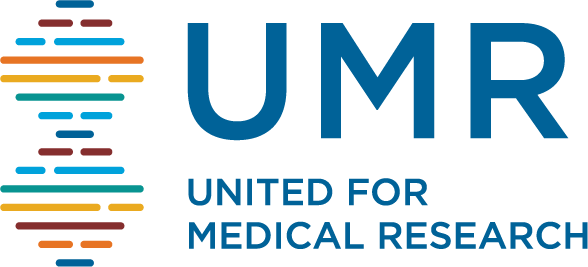Early studies suggest COVID-19 vaccine protection varies by ailment and treatment
For Eva Schrezenmeier, a nephrologist at Charité University Hospital in Berlin, the news was sobering: Among 40 patients with transplanted kidneys at her hospital who’d been vaccinated against COVID-19, only one was churning out the antibodies that would likely protect him from the disease. Because transplant patients take powerful drugs to suppress the immune system so it doesn’t attack a donated organ, her team expected diminished responses to a vaccine. But Schrezenmeier, who posted a preprint describing her study last week, hadn’t anticipated just how badly the vaccine might falter in her patients.
